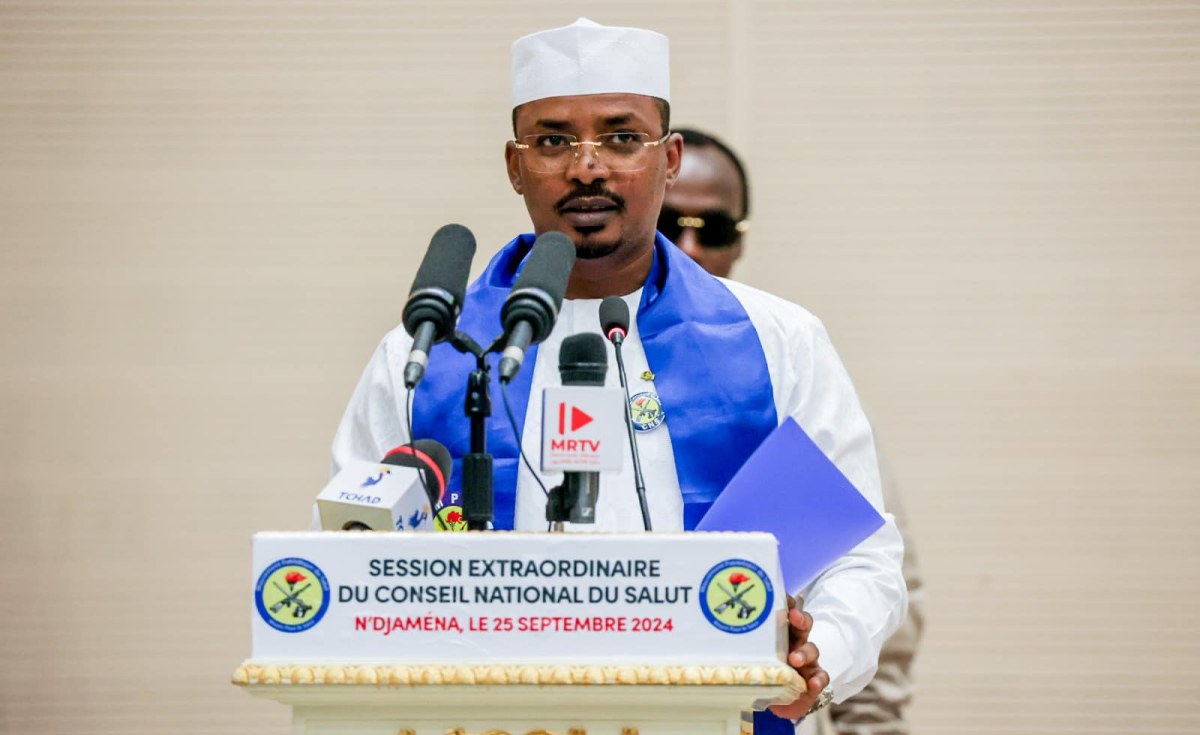
Monodji Mbaidiguim and his colleagues had been held since March 5 in the N’Djamena remand center, detained on charges of “interviewing agents of a foreign power and intelligence likely to harm Chad’s military or diplomatic situation or its economic interests.”
These accusations carry potential prison sentences ranging from one to five years.
Among those detained alongside Monodji were journalists Mahamat Saleh Hisseine and Ndilyam Alladoum, all of whom faced harsh legal scrutiny amid a tense media environment.
Earlier this month, on July 2, their request for provisional release was denied, and the 9th deputy prosecutor had called for two-year prison sentences for the group.
However, after several months of legal proceedings and detentions, the special chamber ultimately ruled in favor of the journalists, ordering their immediate release.
The decision marks an important moment in Chad’s ongoing struggles with freedom of expression and the protection of journalists, who often face severe risks while reporting on sensitive issues in the country.
While the acquittal offers relief to the detained journalists and their families, it also raises broader questions about the state of press freedom in Chad, where media professionals frequently operate under threat of arrest or censorship.
The release of Monodji Mbaidiguim and his colleagues is being closely watched by international press freedom advocates, who hope this ruling signals a shift toward greater respect for journalistic independence in the region.
For now, after months behind bars, these sixteen journalists regain their freedom, underscoring the resilience and determination of Chad’s media community amid challenging circumstances.



